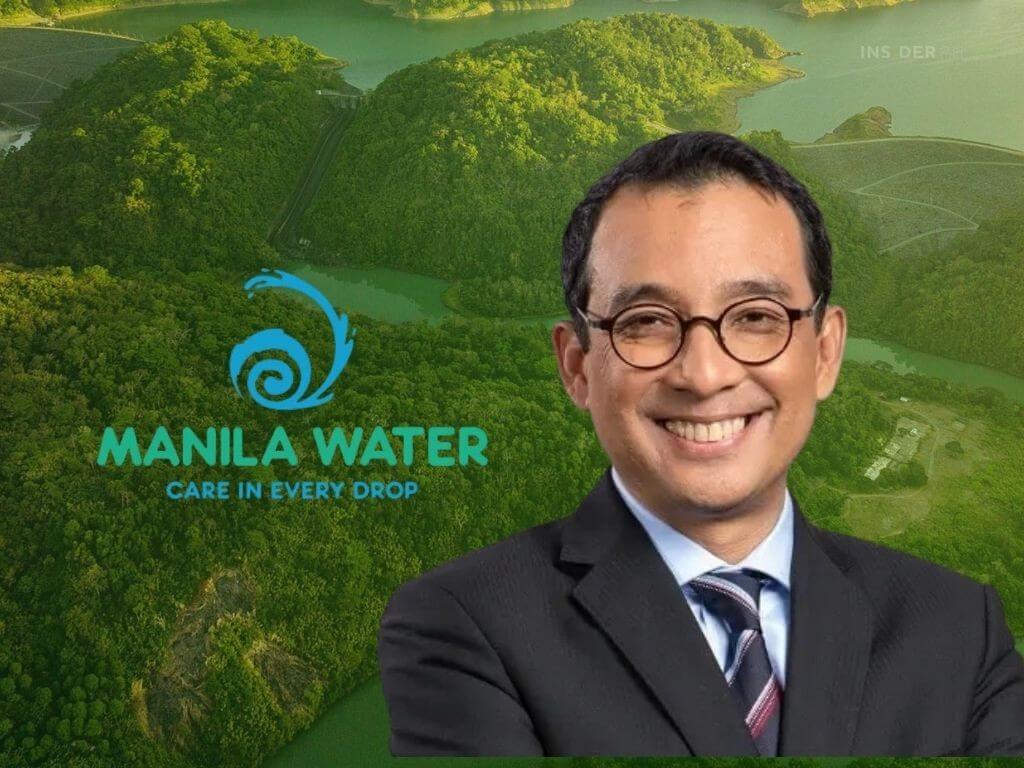

The newly switched facilities include 10 from Laguna Water, 45 under Estate Water (covering Bulacan, Cavite, Laguna, and Metro Manila), and the Manila Water Foundation’s La Mesa Ecopark — the first and largest ecopark in the country powered entirely by renewable energy through the RAP. Altogether, the latest transition accounts for a total demand of 1,682 kW.
Driving inclusive, sustainable energy solutions
The milestone was celebrated during a RAP switching ceremony at La Mesa Ecopark in Quezon City, marking Manila Water’s fourth switching event this year.
“Manila Water’s participation in RAP demonstrates its commitment to innovation and consumer empowerment. By aggregating demand and leveraging competitive supply options, it is helping pave the way for a more inclusive and resilient energy sector,” said ERC director for market operations service Sharon Montaner.
Montaner noted that RAP participation has grown by 70 percent since Manila Water’s first switching in February 2025, outpacing the growth rate of other open-access programs and highlighting the increasing accessibility of renewable energy solutions.
The event also gathered key partners and officials, including ERC Chair Francis Saturnino Juan, MWSS representatives, PrimElectric Holdings COO Richard Nethercott, IEMOP VP Sheryll Dy, and MERALCO AVP Bernice Rama, alongside delegates from the Quezon City Climate Change and Sustainability Department.
Scaling up renewable power use
With the latest expansion, Manila Water now sources electricity for 214 facilities, representing an aggregated demand of 11 MW. Under the enhanced RAP framework, these facilities are powered by PrimeRES Energy through Meralco’s distribution network.
“This is all about the power of choice. We now have 214 facilities switched to RAP—and that’s very powerful,” said Jocot De Dios, Manila Water president and CEO.
“As a utility, we are accountable for the costs we pass on to our customers. By rethinking how we manage energy, we aim to be more efficient and sustainable.”
Pioneering renewable aggregation in the country
Earlier this year, Manila Water became the first utility in the Philippines to transition to the enhanced RAP, consolidating ten wastewater facilities under one electricity sourcing arrangement.
The company has since expanded across regions, with Laguna Aquatech facilitating 25 facilities in April and Boracay Water pioneering RAP adoption in the Visayas, proving the model’s adaptability to varied operational setups.
Through the RAP framework, consumers can aggregate the electricity demand of facilities within the same distribution area, enabling competitive pricing and greener energy choices in line with the Electric Power Industry Reform Act (EPIRA).
Manila Water’s sustained participation underscores its commitment to climate resilience, energy efficiency, and long-term environmental stewardship across its enterprise. —Ed: Corrie S. Narisma